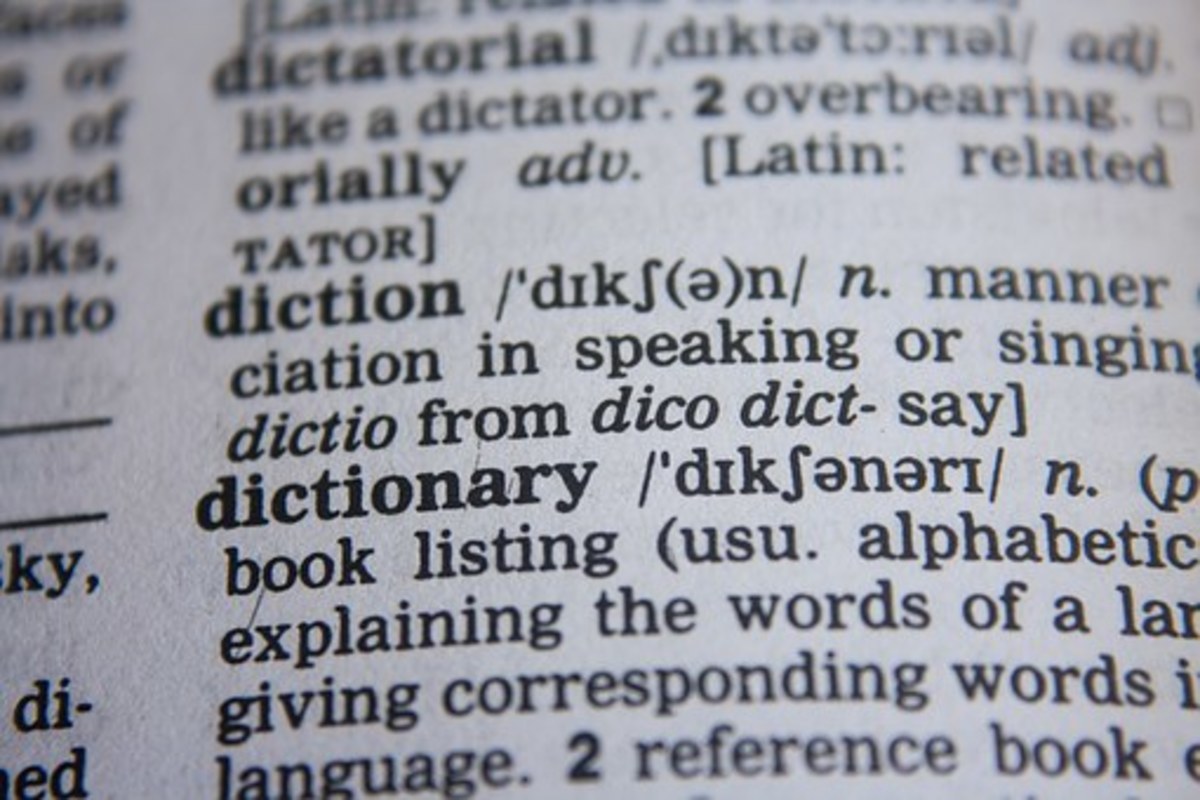10 Effective Ways to Improve Your English Language Skills
A Journey of Continuous Learning: A Non-Native Speaker's Quest to Master English
Non-native speakers are individuals who use English as a second language. During my studies for TESOL, I believed that I was fluent in English and had a strong understanding of the language. However, I soon realized that there was still much to learn and improve upon. Despite this, my English remains conversational and easily comprehensible, which is a testament to the hard work and dedication I have put into learning the language.
My pronunciation teacher once stated that being intelligible, or easily understood, is key to learning English. A non-native speaker must strive to effectively express themselves in order to be understood by others. This means focusing on pronunciation, grammar, vocabulary, and other language skills.
After completing the TESOL course, I did not stop my journey in learning English. I continued to study the language through self-study and practice. I utilized this as a means to enhance my language skills and become more proficient in English. I also actively seek out opportunities to use the language in real-life situations, such as speaking with native English speakers, watching English-language media, and reading books and articles written in English.
Learning a new language can be challenging, but it is also incredibly rewarding. I am grateful for the opportunities and experiences that speaking English has brought me, and I am dedicated to continuing my journey of learning and improvement.
Things You Need to Focus On:
Express Yourself Freely and Effectively
Growing up, my sisters and I were not taught to express ourselves in a healthy and constructive manner. Instead, we were discouraged from speaking our minds and expressing our emotions, as our elders interpreted this as being disrespectful and talking back. This form of discipline, unfortunately, became a hindrance to our personal growth and development, as it prevented us from openly expressing ourselves.
When expressing yourself, it is important to be polite, firm, and positive. Use kind and respectful language to communicate your thoughts and feelings, and avoid speaking negatively about others. With practice, you can learn how to effectively communicate your needs and opinions while still being courteous to those around you.
Develop Your English Skills through Reading and Writing
Reading is one of the most effective ways to learn English, as it helps to expand your vocabulary and improve your grammar. Whether you are an avid reader or simply enjoy reading occasionally, make it a habit to read books, articles, and other materials in English. The more you read, the more comfortable you will become with the language and the faster you will progress.
Writing is another great way to develop your English skills. Whether it be journaling, creative writing, or simply practicing your writing skills, exposing yourself to written English can help you process the language more effectively and develop a stronger understanding of grammar and vocabulary.
Consult Grammar Books, Build Your Vocabulary, and Practice
Having a grammar book on hand can be a valuable resource when learning English. Use it as a reference, but try to avoid relying on it too heavily in conversation. You don't want to come across as a grammar police!
Building a strong vocabulary is another key aspect of learning English.
Keep a mini-notebook to record new vocabulary words, along with their meanings. Make an effort to incorporate these words into your everyday conversations, and you will be amazed at how quickly your vocabulary will grow.
Lastly, the best way to improve your English is through consistent practice.
Whether it be speaking with native English speakers, watching English-language media, or simply engaging in conversation, the more you use the language, the more confident and fluent you will become.
Learn the English Language in Chunks
For non-native English speakers, learning language in chunks can greatly improve their ability to express themselves in the language. A language chunk is a sequence of words that native speakers easily recognize and understand. There are three main types of language chunks: idioms, prepositional phrases, and lexical phrases. By speaking in chunks, native speakers conserve energy required for processing language, and non-native speakers can achieve this too by learning this approach.
Immerse Yourself in English Media
Watching movies and TV shows in English is an effective way to become more fluent in the language. It is recommended to watch shows without subtitles to maximize the language exposure. With regular exposure over a period of one or two months or more, non-native speakers will be amazed at how much they have learned.
Utilize Online ESL Resources
There are numerous online resources for learning English as a second language, which are available 24/7. These websites offer a range of exercises to help learners better understand the language. Simply search for "ESL" on the internet to find a wealth of resources at your fingertips.
Practice Speaking English Regularly
Incorporating English into your regular conversations is crucial for becoming fluent. If you only speak your native language with friends, you will forget what you have learned. Do not worry about grammar too much, focus on fluency and worry about grammar during tests.
Enroll in an English School
Enrolling in an English school is the best way to learn the language. Most English as a Second Language (ESL) teachers are friendly, patient, and make learning fun and engaging. In these schools, teachers implement various strategies to make the learning experience stimulating and effective.
© 2012 Joan Coole









